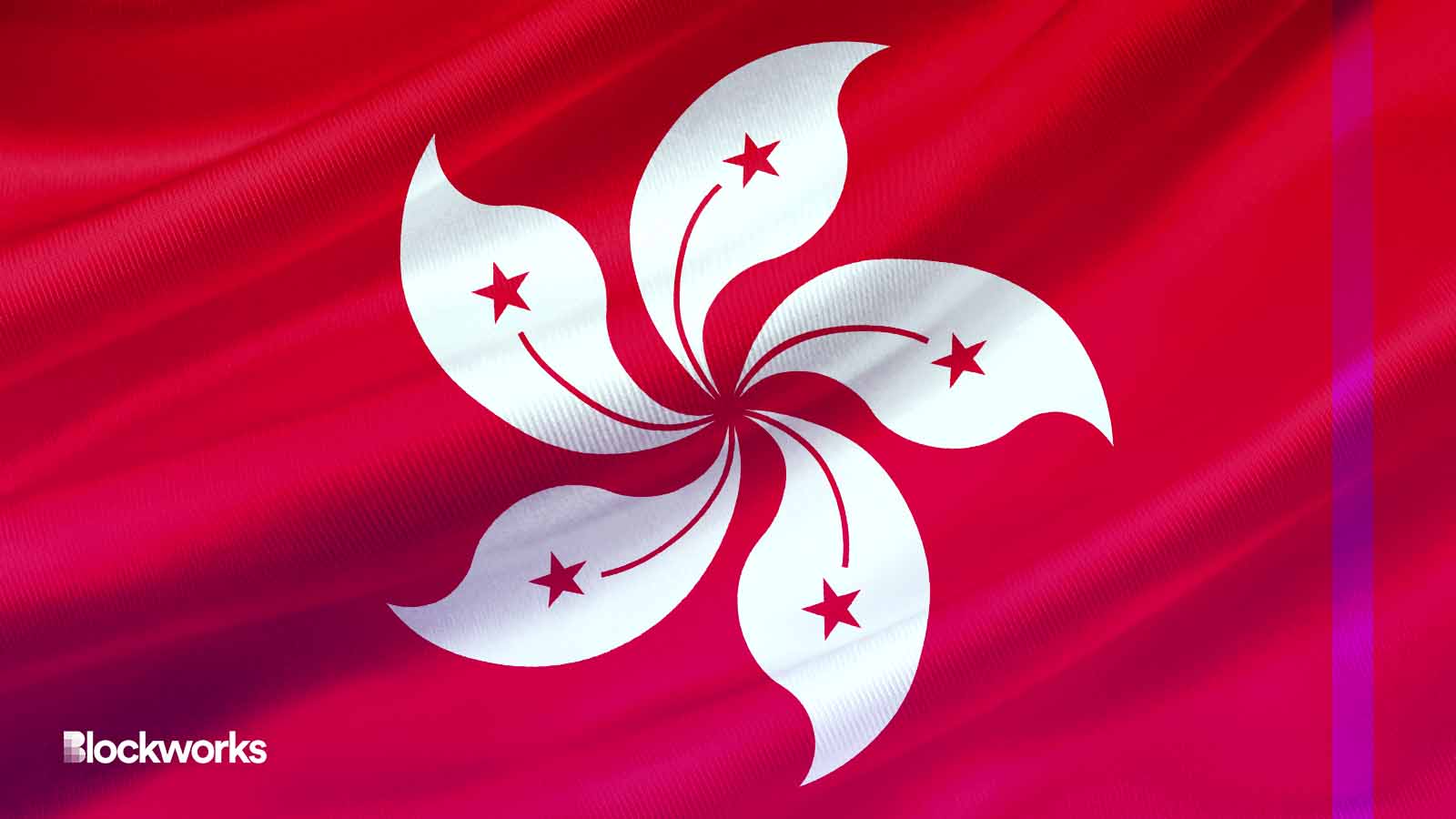Hong Kong’s Finance Chief Pushes for Web3 Adoption
Hong Kong’s financial chief said he has plans to boost Web3 industry adoption through proper regulation and development

adaptice photography/Shutterstock modified by Blockworks
Hong Kong’s top financial boss said that now is the time for the economy to push Web3 adoption, despite fluctuations and seeds of doubt in the virtual asset market.
Financial Secretary Paul Chan Mo-po said in a blog on April 9 that global competition in the development of Web3 is strengthening, and Hong Kong plans to adopt a strategy embracing proper regulation and promoting development.
He then outlined steps the economy will take to foster an innovative environment. First, virtual asset service providers will be introduced to a licensing system in June.
The government will run its flagship tech event “2023 Digital Economy Summit” from April 13-14. Leaders from tech giants like Alibaba, Baidu, Tencent and Huawei are scheduled to speak at the event. Hong Kong Special Administrative Region Chief Executive John Lee and Hong Kong Monetary Authority Director Clara Chan are among the other speakers.
The financial secretary also pointed out that education and awareness around Web3 is growing in Hong Kong, with four large-scale related seminars being held in the last week.
“Of course, over the past period of time, the virtual asset market has fluctuated greatly, and some virtual asset exchanges have closed down recently, which makes some people in the society doubt the prospects of Web3. However, we believe this is the right time to push Web3 forward,” he said.
“Recalling the early 2000s, the world has also experienced the rise of the Internet and the bursting of the bubble. After this cycle, market participants have become calmer. After the tide of speculation ebbs, the remaining powerful players will focus more on competing in technological innovation, practical application and value creation, and contribute to improving the quality of the real economy. It is the course that the Internet technology industry has gone through.”
In February, Chan Mo-po allotted 50 million Hong Kong dollars (approximately $6.3 million) to Cyberport, a Silicon Valley-like hub for startups and tech firms run by Hong Kong’s government, to accelerate Web3 development.
Recent reports have emerged about Beijing officials keeping tabs on Hong Kong’s ambitions to become a digital asset hub. Bloomberg reported in February that representatives from China’s Liaison Office have regularly attended crypto meet-ups and exchanged contact information to stay in touch. These recent updates suggest that the Asian financial hub may be open to welcoming Web3 and blockchain technology, as long as entities are regulated.
Get the news in your inbox. Explore Blockworks newsletters:
- The Breakdown: Decoding crypto and the markets. Daily.
- 0xResearch: Alpha in your inbox. Think like an analyst.






